In a recent revelation, Nepal’s Prime Minister Pushpa Kamal Dahal,”Prachanda,” disclosed that India has expressed reservations about acquiring energy produced by Chinese companies or contractors in Nepal. The announcement came during a Law, Justice, and Human Rights Committee meeting, shedding light on India’s hesitation in engaging in long-term trade agreements for energy generated by Chinese entities within Nepali borders.
The backdrop of this disclosure is the recently signed agreement between India and Nepal during the visit of India’s External Affairs Minister S. Jaishankar. The accord facilitates a long-term power trade, allowing Kathmandu to export up to 10,000 megawatts of energy to New Delhi over a 25-year period, subject to renewal every 10 years.
Prachanda emphasized India’s reservations, stating that these concerns specifically pertain to energy produced directly by Chinese government companies. In response, the Chinese authorities have urged Nepal to communicate to India that the energy producers are not government-owned entities but are selected through a global competitive bidding process.
Under India’s cross-border energy trading guidelines, electricity can only be purchased if it is generated by Indian or Nepali companies with Indian investment. Prachanda highlighted that the agreement with India does not impose restrictions on buying energy exclusively from Indian companies. Instead, Nepal has urged India to consider purchasing energy produced through a competitive bidding process, regardless of its origin.
Nepal’s focus on hydropower development as a means to meet its energy needs and export surpluses to neighboring countries has gained momentum. A recent study identified the potential to harness over 72,000 megawatts of hydropower across ten major river basins. With an abundance of water resources, boasting around 6,000 rivers and an annual water runoff of about 220 billion cubic meters, Nepal has the potential to emerge as a significant player in the regional energy landscape, as highlighted by the Asian Development Bank.
The 25-year long-term agreement between Nepal and India was initiated during Prachanda’s visit to India in 2023, with Prime Minister Narendra Modi expressing the ambitious goal of importing 10,000 megawatts of electricity from Nepal in the coming decade.
Notably, there has been a surge in Indian investment in Nepal’s energy sector, with companies such as SJVN Limited, NHPC Limited, and GMR actively participating in hydropower projects. These investments play a crucial role in fostering the growth of the energy sector in the region.
Prachanda reiterated Nepal’s eagerness to supply energy to India and clarified that if energy produced by Chinese companies is obtained through a global competitive bidding process, India should not perceive it as solely produced by Chinese companies or the Chinese government. The appeal underscores Nepal’s commitment to fostering an open and competitive environment in its energy sector, irrespective of the international origin of the involved companies. The evolving dynamics between Nepal, India, and China in the energy landscape will undoubtedly shape the region’s future energy policies and collaborations.

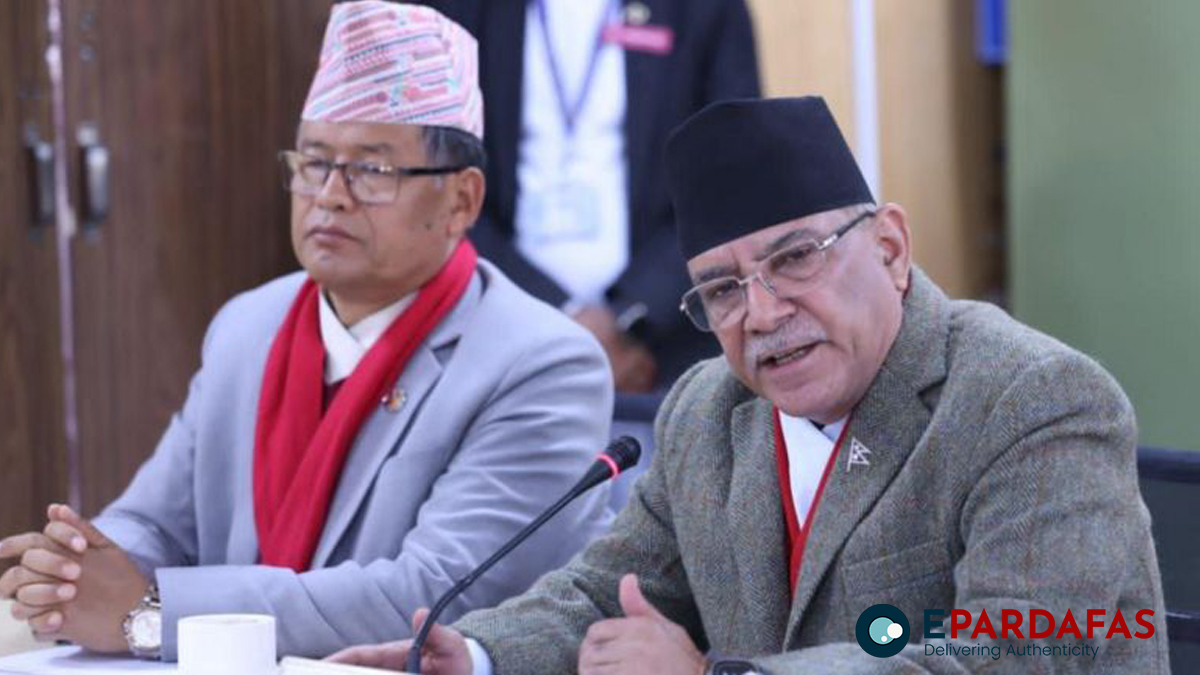


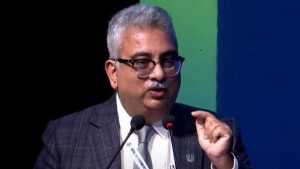
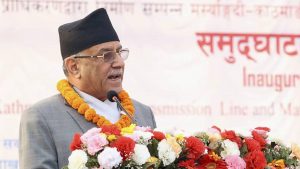

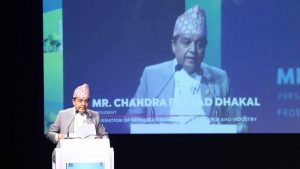

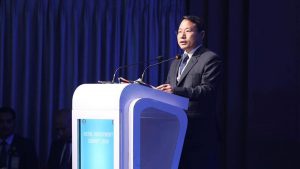

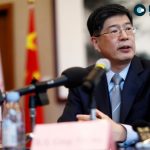

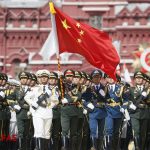


Comments